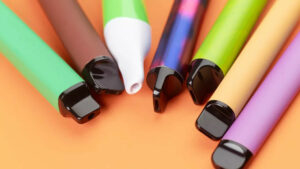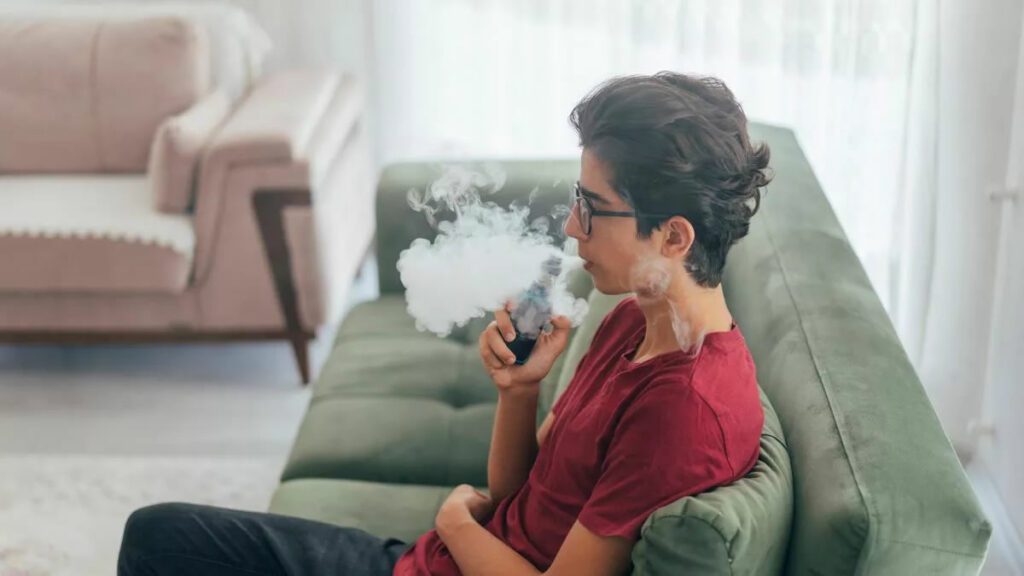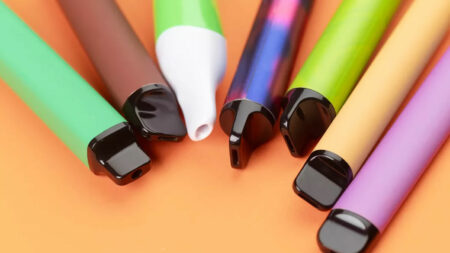Poland's Ministry of Health has announced a significant delay in implementing comprehensive e-cigarette regulations targeting youth access. The new legislation, originally planned for January 2025, will now take effect in the second quarter of 2025 due to extended transition periods and European Commission notification requirements.
Current Regulatory Gaps and Youth Access
Despite existing laws prohibiting the sale of nicotine-containing e-cigarettes to minors, enforcement remains problematic. The current legislation fails to address nicotine-free products, creating a significant loophole. Retailers continue to display these products prominently in glass cases and near checkout counters, making them easily accessible to teenagers.
Key Changes in the New Legislation
The updated regulations will introduce several crucial measures:
- Ban all e-cigarette sales to individuals under 18, regardless of nicotine content
- Prohibit promotional activities and advertising
- Require health warnings on packaging
- Limit refill container sizes to 10ml
- Mandate product registration with proper authorities
Legal expert Katarzyna Fortak-Karasińska notes that while these changes move in the right direction, they remain conservative compared to other European approaches. She emphasizes that EU law permits more stringent measures, citing Belgium's complete ban on disposable e-cigarettes starting January 2026.
Implementation Timeline
The revised implementation schedule includes:
- 14-day period after official publication
- Six-month transition period for existing products
- Three-month European Commission notification process
- Final implementation in Q2 2025
Youth Usage Trends
Recent research from the Rotary Club Warsaw and Institute for Social and Market Research reveals concerning statistics:
- 37% of youth identify disposable e-cigarettes as the most attractive nicotine product
- 26% prefer heated tobacco products
- 10% favor nicotine pouches
- 69% of young people recognize nicotine products as a significant problem
Industry Response and Future Considerations
The tobacco industry opposed certain restrictions, particularly the 10ml volume limit on nicotine-free liquids. However, the Ministry maintains this measure as essential for preventing dangerous DIY mixing practices. The Ministry also plans additional regulations for flavored e-cigarettes and nicotine pouches, though these proposals remain under development.

Vape Content Creator | Flavor Reviewer | Lifestyle & Vape Culture Editor
Emily Carter is a vape-focused content creator specializing in flavor reviews, device aesthetics, and lifestyle-oriented vaping content. With hands-on experience testing disposable vapes and pod systems, Emily delivers clear, visually driven insights designed for adult consumers.








